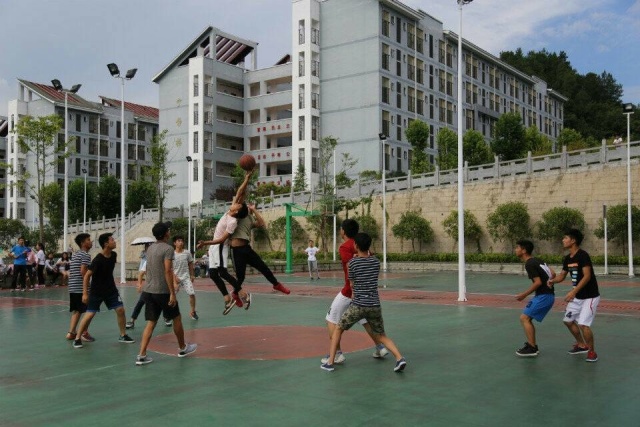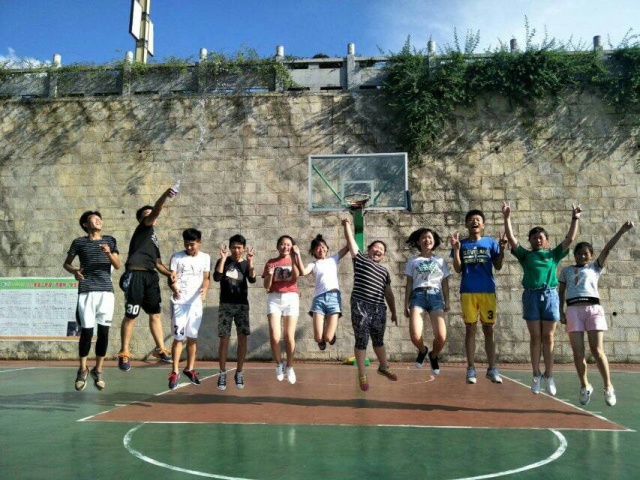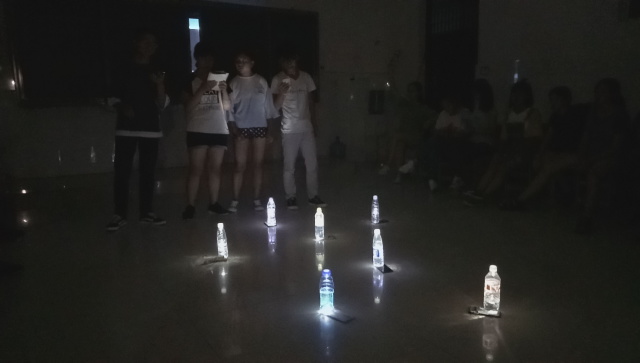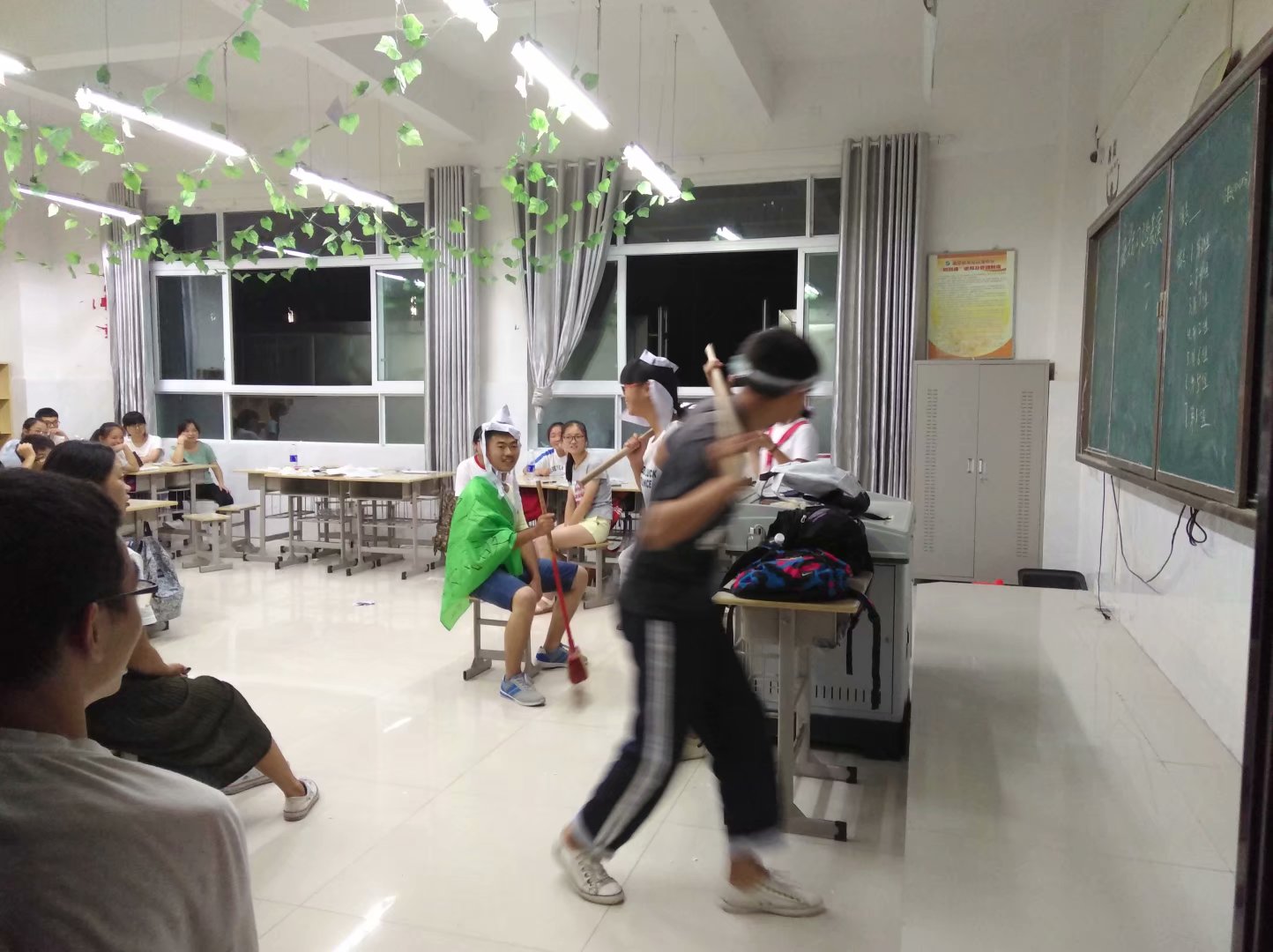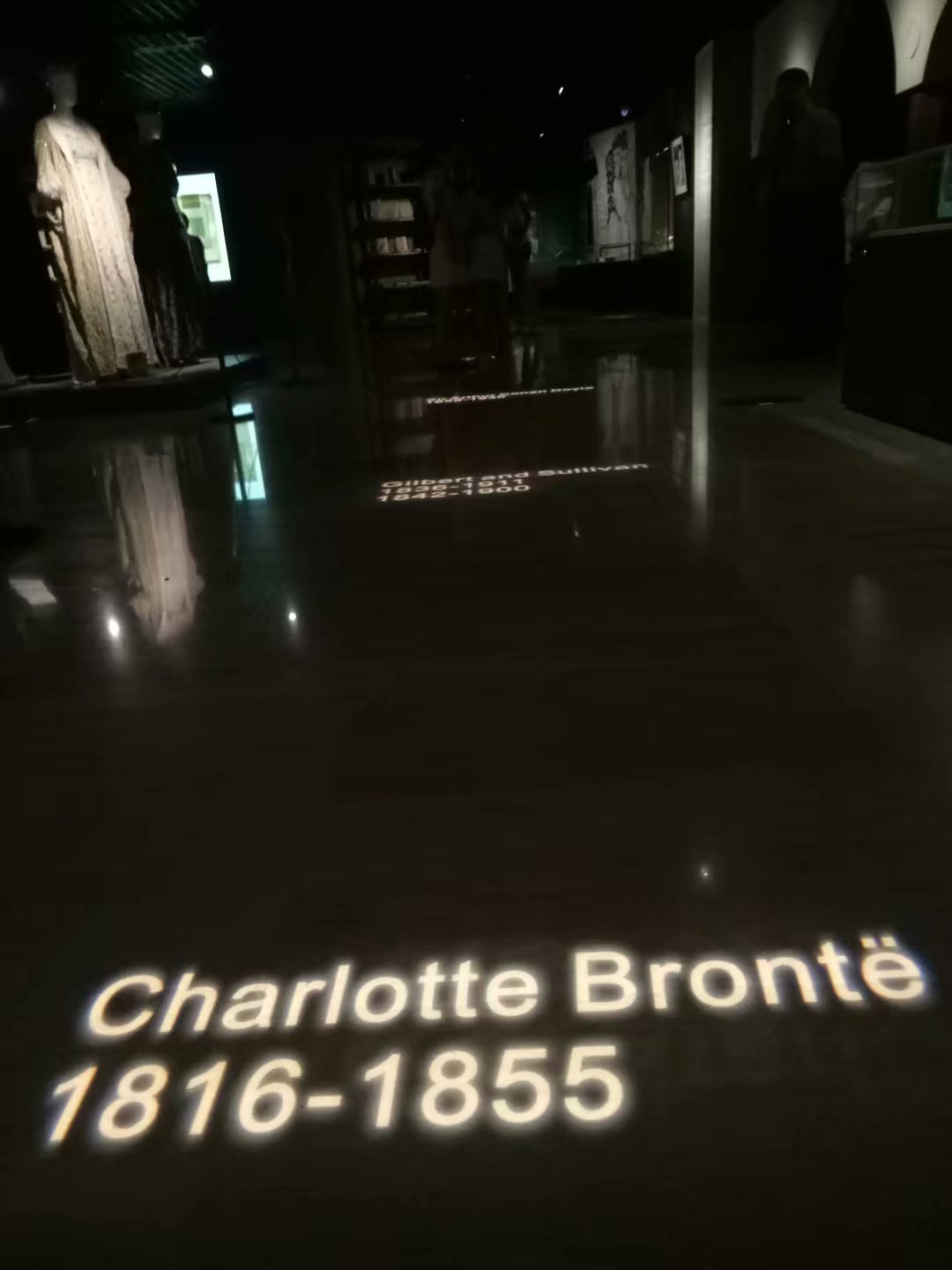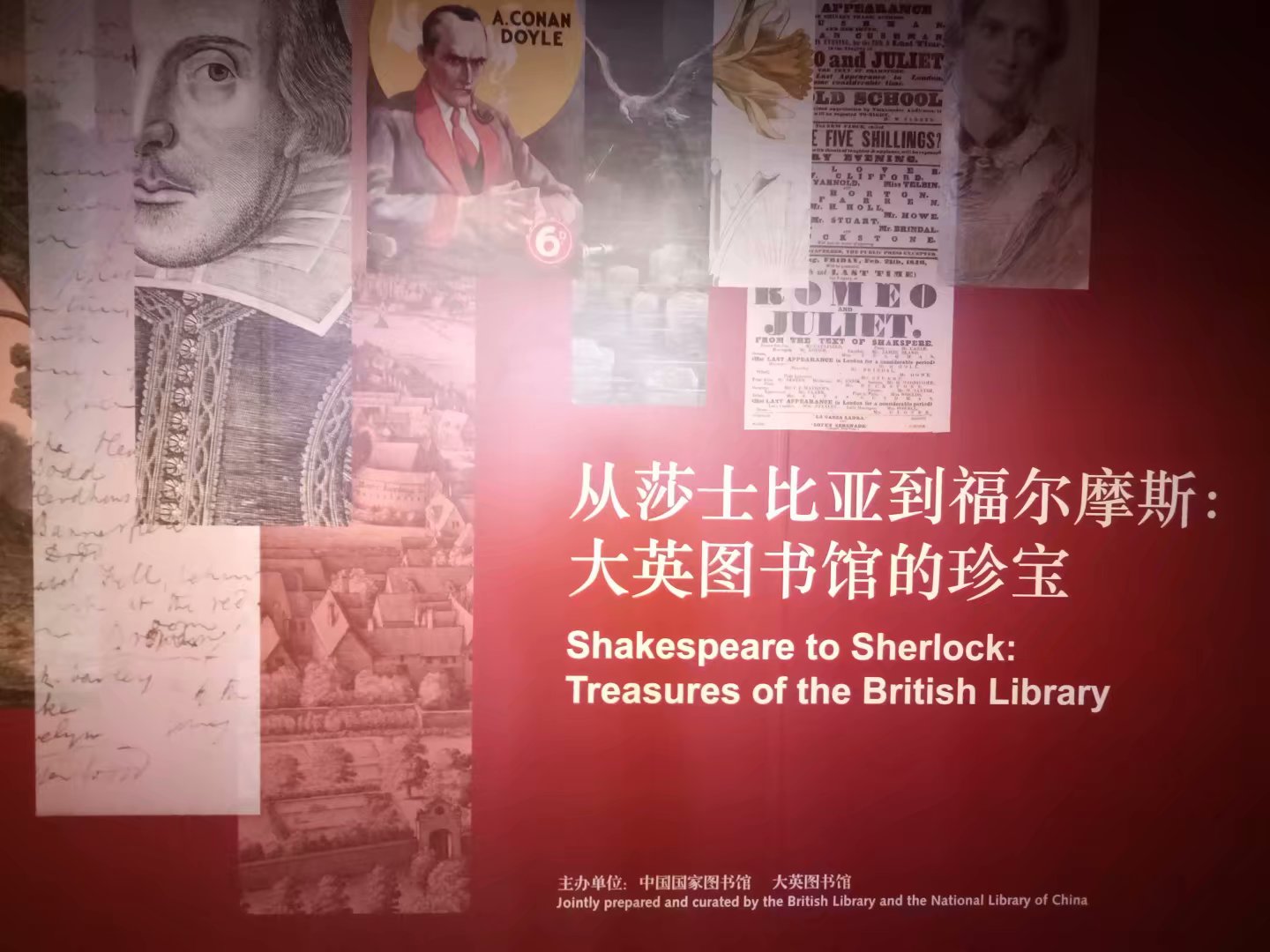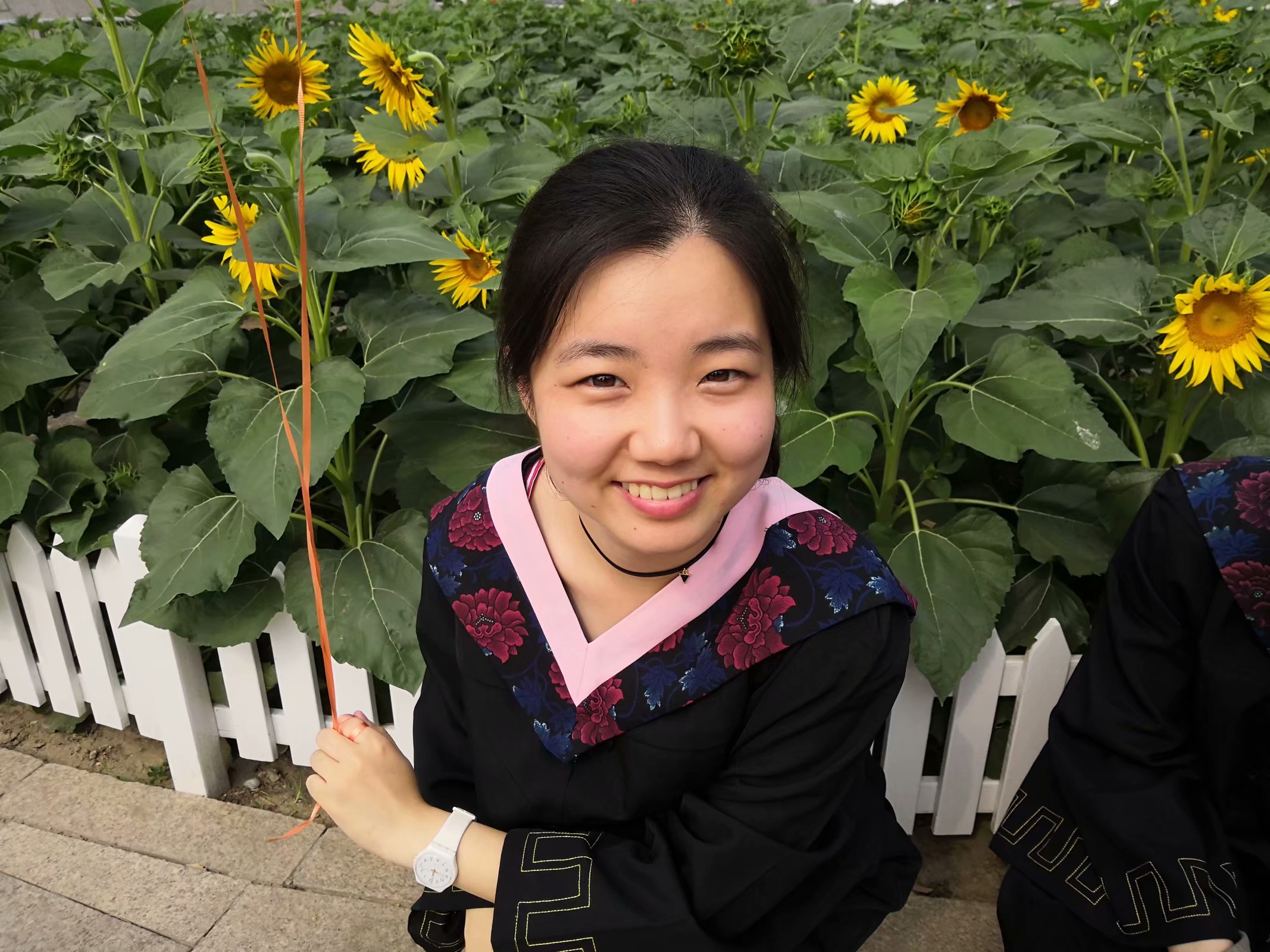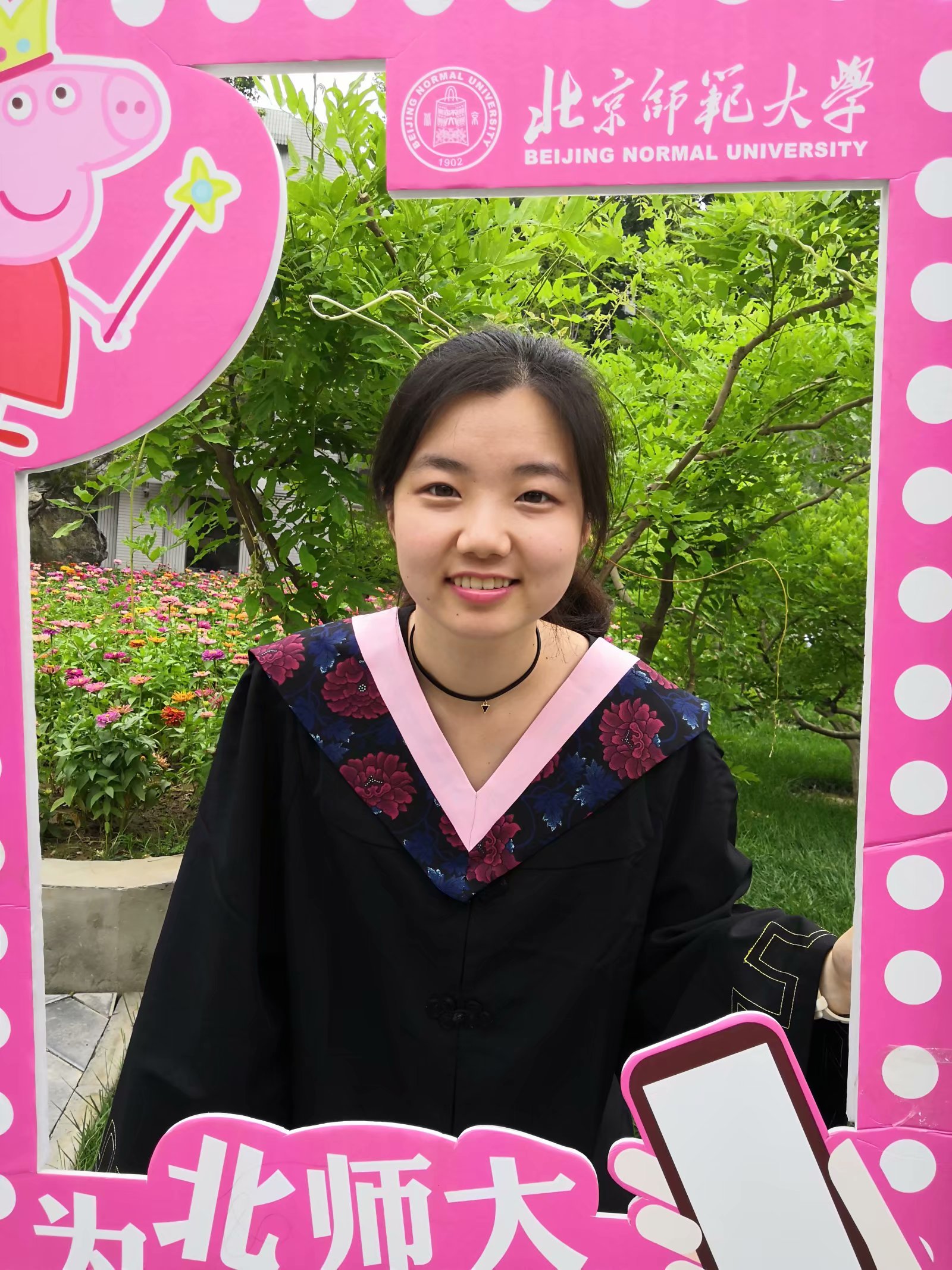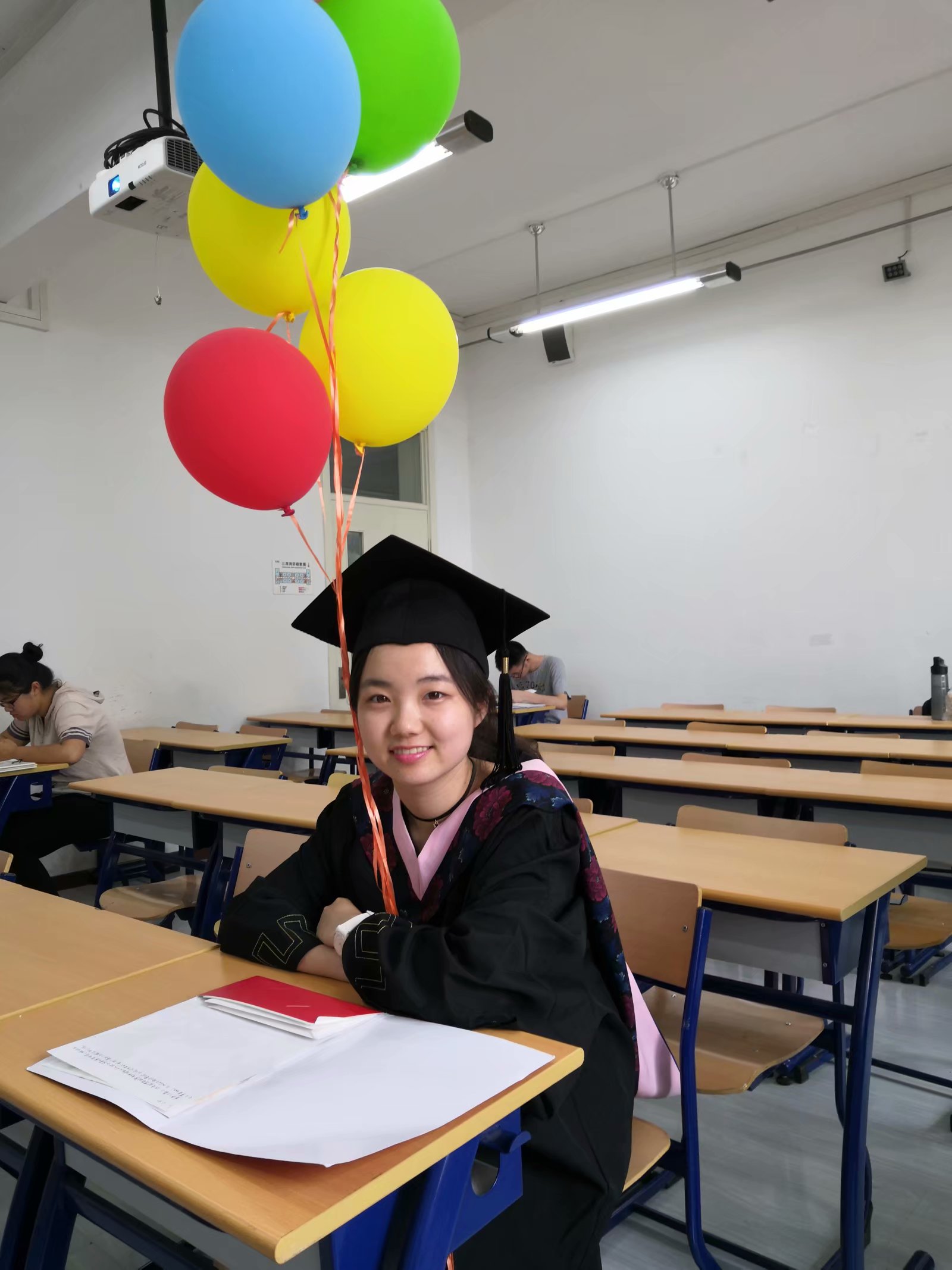What is volunteer teaching?
A long time ago, I seemed to long for going volunteer teaching. I picture volunteer teaching as going to a place deep inside the mountain, where the kids may often face the bare ground, but when they look up, you see the purest things in their eyes. Once I thought, volunteer teaching is going with your heart beating, and come back with starry memories, decorated with kids’ pure eyes and laughters. Thus, in the application form, I added one line, ” The best reward will be the purity in kids’ eyes.”
As expected, this volunteer teaching, I saw the purest eyes I’d always remember.
Our team was the most popular one among the five volunteer teaching teams. Among 400 applicants, only 32 volunteer teachers got selected. It wins a lot of awards every year, because of the careful planning, and experienced leaders and meticulously selected team members.
After four months of planning, weekly teaching practice and lesson design, we set out, to the town 2000 km away, Meitan.
Meitan is beautiful. It is located in Guizhou, which has third lowest literacy rate in China, apart from Qinghai and Tibet. Its education is still under-developed. What they lack the most is human resources – good teachers who are willing to go deep into the mountains to teach. Take English (subject I taught) as an example, as their teachers often have strong accent, many students’ oral English were very poor, and were often unwilling to open their mouth and speak. “Be prepared to hear some Guizhou English”, said one kid. This greatly compromised purpose of learning language – to communicate.

From University to destination, we crossed half the China. 
Meitan
In the beginning, as these 400 students were not in their original classes with old classmates, bonding was important. We designed outdoor Outward Bound activities, to help them get to know each other in their newly formed classes, as well as their new teachers (us).

During the day time, we usually teach our domain subjects to our specialty, largely corresponding to the subjects of their college-entrance exams, including English, Math, Chinese, history, physics, biology, chemistry, physics, P.E. and music.
In my teaching, I focused on passing on English literacy knowledge in a non-traditional way. Majored in English language and literature, I know how captivating the beauty of language can be, especially in poem translation and literature. I wanted to evoke their interest in English (which was what led me a long way in my own language learning), through these beautiful language materials and learn English in an artistic way. As an example, I showed them different versions of translation for the same poems, let them see how different it could be, let them translate poem themselves.
14 days were short, but I wanted to help build up their confidence in oral English. I taught them lyrics line by line and practiced till the whole class was able to sing one of my favorite, powerful English song – <21 Guns> by Green Day. This is one of my proudest thing, because it was really touching to see kids who used to be timid in speaking English sing the song together.

My English class of Hint Fiction 

Chemistry Experiment 
English Poem Translation Class
We want to make this summer camp special for them, in addition to the 8 courses of domain knowledge they take, everyday (usually in the evening), we designed a different 2-hour STEAM activity, to practice their problem-solving skills, creativity and higher-order skills.
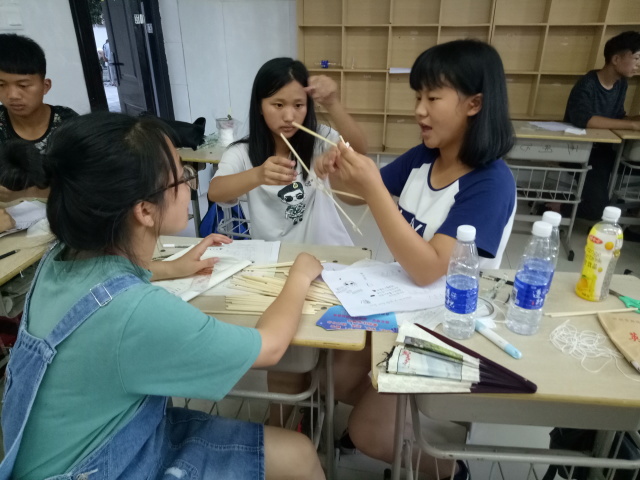
Given chopsticks, strings and tape, students were making bridges that can bear the most weight. 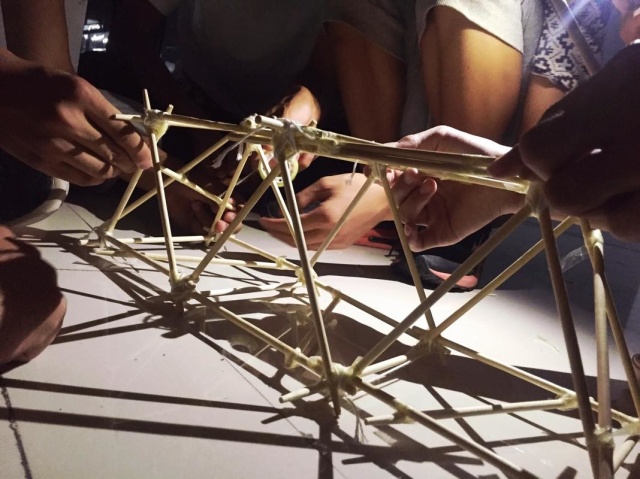
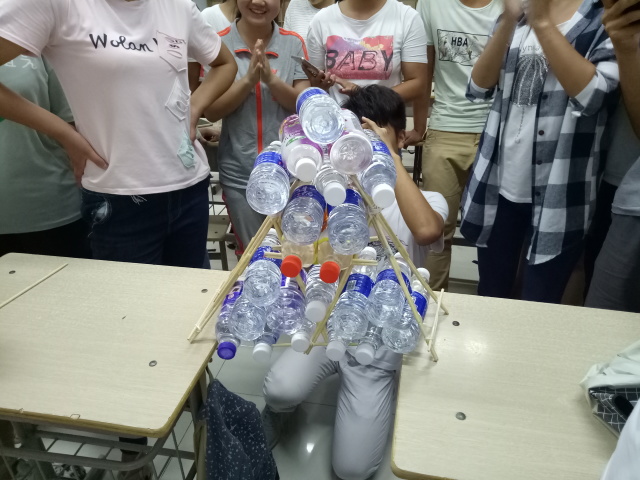
The strongest bridge could bear 22 bottled water! 
Students got creative and put the skateboard on the bridge 
Students designing their own group flags
One of the most exciting activity, also was the first time we attempted this, was the basketball game. Girls in my class were at first reluctant to sign up, and only 1 signed up initially. We gave them some encouragement to try new things and told them the results don’t matter at all, and to our surprised 9 signed up at the end of that day.
I saw one girl looking sleepy when in class, and learned that it was because they were practicing for basketball after class and were tired. From that night I decided to practice with the students. Every sport has its risk, some of the teachers sprained their ankles, but I hated most to see students get hurt. Luckily no students were hurt badly except from scratches. They were all happy after the game.
Most students here does not have any education on psychology. Since our university (BNU) has the best psychology department in the country, we didn’t miss the chance of introducing students the charm of psychology. Who knows, this may open up a door for them and one may actually choose psychology as a major when it comes to the time.

And then open their eyes—— ha!
On Broadway Drama Night, we encouraged students go creative with acting drama. One acted Titanic, another did Zootopia, most were hilarious (no matter if they intend them to be or not). During a singing evening, students were so smart to use flashlight and water bottle as the glowing stick that always accompany a real pop-singer concert.
Though it’s only two weeks, the density of what we experienced together build up strong bonds between students and us. We tried our best in making a memorable closing ceremony, (sing song with students, even danced!) Students couldn’t help themselves but crowded on the stage to hug teachers. Many shed tears.

Me and students 
Students teaching us to make faces when Selfie 
We (three head teachers for class 6) wrote every student something, and fold it into hearts as goodbye. 
Closing Day
So what is my volunteer teaching?
14 days of being together day and night, 4 months’ preparation, 400 kids, 35 people’s team, 1 goal, a team that is knitted beyond comparison, memories unforgettable for life.

For Chinese version of this blog (slightly different), see 湄潭求高的日子





